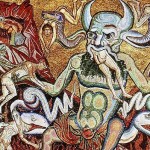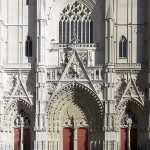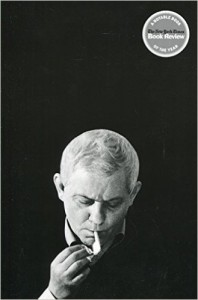 The Collected Poems, Zbigniew Herbert
The Collected Poems, Zbigniew Herbert
Joseph Brodsky said of Herbert’s Selected Poems, is “bound for a much longer haul than any of us can anticipate.” He continues, “For Zbigniew Herbert’s poetry adds to the biography of civilization the sensibility of a man not defeated by the century that has been most thorough, most effective in dehumanization of the species. Herbert’s irony, his austere reserve and his compassion, the lucidity of his lyricism, the intensity of his sentiment toward classical antiquity, are not just trappings of a modern poet, but the necessary armor—in his case well-tempered and shining indeed—for man not to be crushed by the onslaught of reality. By offering to his readers neither aesthetic nor ethical discount, this poet, in fact, saves them frorn that poverty which every form of human evil finds so congenial. As long as the species exists, this book will be timely.”
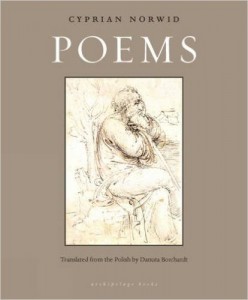 Poems, Cyprian Norwid
Poems, Cyprian Norwid
Considered a “Christian Socrates” by one critic and a “hieroglyph stylist” by another, Cyprian Norwid was more unanimously recognized, however, as one of the most vital figures in Polish letters whose verse is as idiosyncratic as it is profound. Traveling against the currents of the philosophy of his day, Norwid was a historicist with deep insight into the codes and ripples in the society around him. This engaging bilingual collection, selected and translated from the Polish by Danuta Borchardt, includes many of Norwid’s revered poems, including Vademecum. True to its Latin summons, “go with me,” the epic poem invites the reader to accompany Norwid on a journey though many lands and timeless question, seeking truth. We witness Norwid decrying the tight-fisted city folk of London, befriending Frédéric Chopin – whom he meets during his travels, and lamenting the death of a friend. Lyrical, moving and often biting, this collection gives an evocative glimpse into the world of an extraordinary poet.
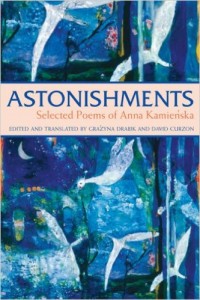 Astonishments, Anna Kamienska
Astonishments, Anna Kamienska
Kamienska came of age during the horrors of the Nazi occupation of Poland and lived under Communism. These experiences, as well as the sudden death of her husband, led her to engagement with the Bible and the great religious thinkers of the 20th century. Her poems record the struggles of a rational mind with religious faith, addressing loneliness and uncertainty in a remarkably direct, unsentimental manner. Her spiritual quest has resulted in extraordinary poems on Job, other biblical personalities, and victims of the Holocaust. Other poems explore the meaning of loss, grief, and human life. Still, her poetry expresses a fundamentally religious sense of gratitude for her own existence and that of other human beings, as well as for myriad creatures, such as hedgehogs, birds and “young leaves willing to open up to the sun.”
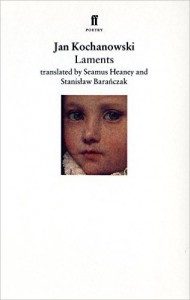 Laments, Jan Kochanowski
Laments, Jan KochanowskiJan Kochanowski (1530-1584) is acknowledged to be Poland’s greatest poet, and this work represents the height of his achievement. The poems it contains, incorporating outspokenness and breach of decorum, are an impassioned but controlled expression of grief over the death of his daughter Urszula. Laments has been beautifully rendered by contemporary poets Stanislaw Baranczak and Seamus Heaney. This poignant series of poems on the death of Kochanowski’s young daughter is surprisingly intimate and domestic in nature, expressing a candid grief and an undeniably modern sense of humiliation and religious doubt.

